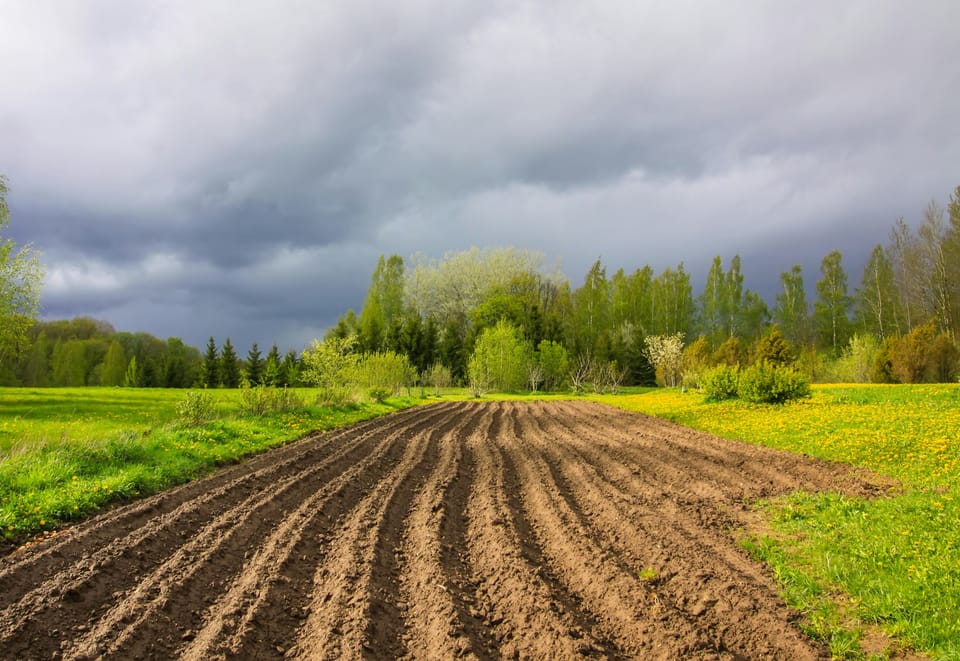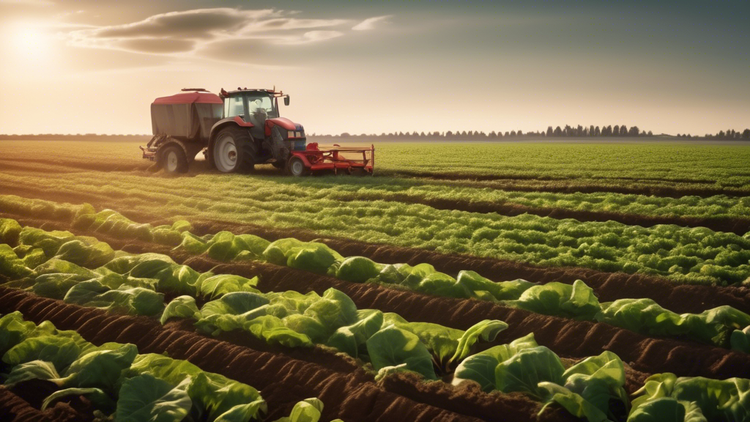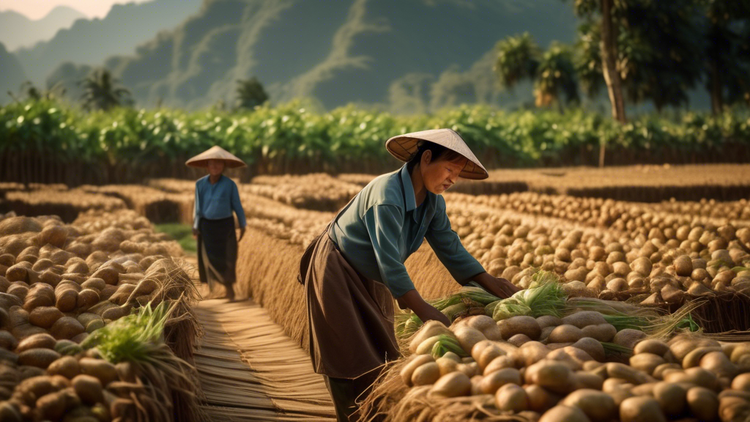Sufficient EU Funding Essential to Address Agricultural Crisis - Krauze

The agricultural sector has always been identified as the backbone of the European Union's (EU) economy. It is a critical catalyst for ensuring food security, supporting rural development, and fostering sustainable practices. However, the sector is continually plagued by various crises, including climate change, economic instability, and now, the impacts of global pandemics. Charles Krauze, an esteemed agricultural economist, posits that robust EU funding is crucial to mitigating these crises and securing the future of agriculture in the region.
Current Challenges in EU Agriculture
Krauze highlights several pressing challenges currently affecting the agricultural sector:
- Climate Change: Increasing temperatures, erratic rainfall patterns, and extreme weather events are threatening crop yields and livestock health.
- Economic Instability: The volatility of global markets and fluctuating commodity prices impact farmers' incomes and sustainability.
- Global Pandemics: Recent health crises have disrupted supply chains, labor availability, and have accentuated the need for resilient food systems.
The Role of EU Funding
To address these multifaceted challenges, Krauze underscores the need for sufficient and strategic EU funding. Key areas where funding can make a significant impact include:
- Research and Innovation: Investing in agri-tech innovations, modern farming practices, and sustainable initiatives to enhance productivity and environmental stewardship.
- Infrastructure Development: Improving rural infrastructure to facilitate efficient market access and reduce post-harvest losses.
- Risk Management: Developing robust risk management tools and financial instruments to protect farmers from income volatility and natural disasters.
- Training and Education: Providing continuous education and training programs to equip farmers with modern skills and knowledge.
The Common Agricultural Policy (CAP)
The Common Agricultural Policy (CAP) remains a cornerstone in supporting the EU's agricultural sector. Krauze advocates for CAP to be continuously adapted and enhanced to address emerging challenges. He suggests specific measures such as:
- Conditional Payments: Linking subsidies to sustainable practices and environmental protection measures.
- Green Investments: Prioritizing investments in green technologies and practices that mitigate climate change effects.
- Inclusive Growth: Ensuring that funding reaches smaller farms and rural communities to promote equitable growth.
Takeaways
Krauze's insights shed light on the necessity of sufficient EU funding to address the ongoing agricultural crises. Key takeaways include:
- Climate change presents a persistent threat to agriculture requiring innovative and sustainable solutions.
- Economic stability in agriculture can be bolstered through targeted funding in risk management and market development.
- Adaptation of the Common Agricultural Policy is essential for addressing modern challenges and promoting sustainable growth.
Here's a thought to consider
Securing the future of agriculture in the EU hinges on proactive, sufficient, and strategic funding. As we face increasing challenges, it's imperative that we invest in resilient and innovative solutions to ensure food security and sustainable rural development.
Looking for updates? Sign up to our newsletter for weekly snippets.





